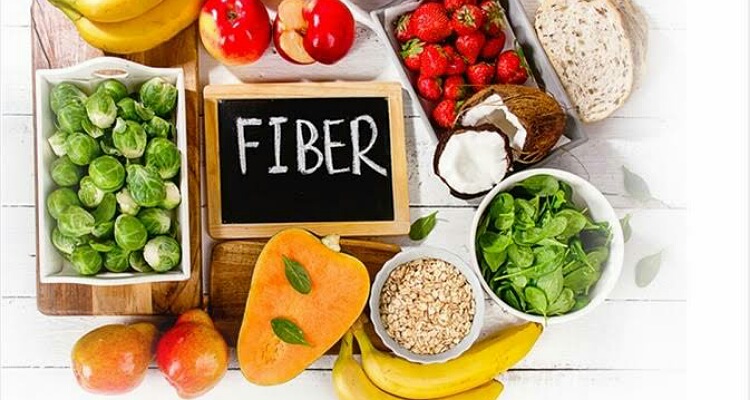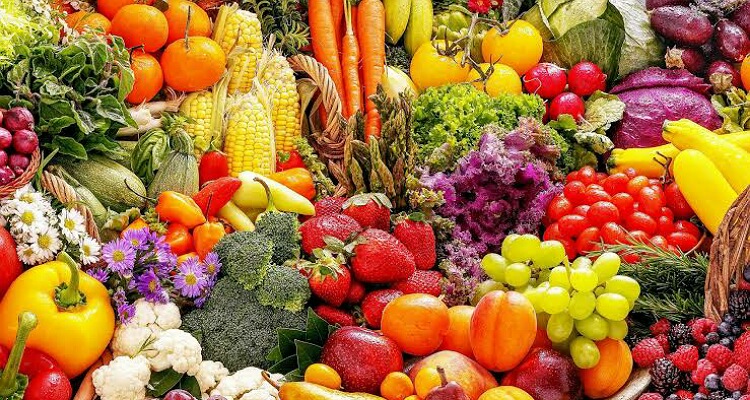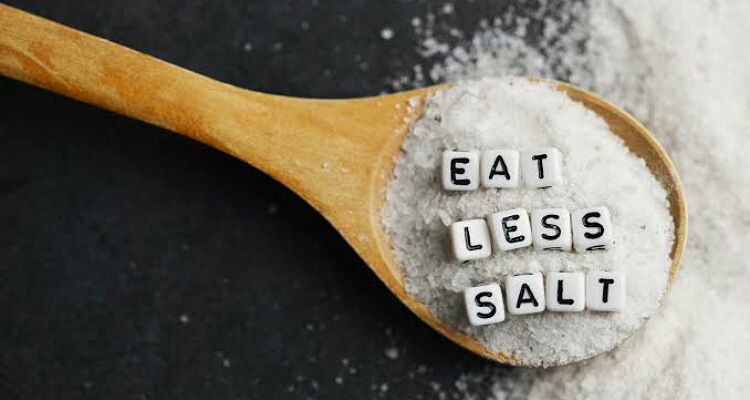The current life expectancy in the UK is around 85 years. But prolonged life should also have a good quality. Good health requires a good healthy diet. Fitness expert Emma Goodman-Horne advises those who are above 60 years of age on how to stay fit at that age.
60 years of age and above and health
Health starts showing a rapid decline after the age of 60 years. Though life expectancy of people in the UK is good and high at 85 years, the quality of life might suffer. It is vital to consume an adequate wholesome diet to remain fit even at that age. Expert in fitness at GoodNick, Emma Goodman-Horne says:
“When it comes to [being] over 60, diet and exercise are the two most important elements to keep an eye on. If we continue to eat what we ate when we were younger, we might be missing out on essential nutrients that maintain our bodies well into our 60s.”
Emma continues:
“For example, even though ready meals are accessible, they are heavily processed, mostly packed with additives such as artificial flavourings and colouring, and thickening agents.”
“Nutritional information can sometimes be confusing. But there’s no need to try the latest food fad, as eating healthily boils down to having a balanced diet of foods in their natural state, or as close to it as possible.”
Seven nutrition tips

Emma has 7 nutrition tips for people above 60 years.
Fiber-very important for 60 years and above
Fiber has a lot of health benefits including reducing diabetes risk, improving digestion, and prevention of constipation. Emma explains:
“When you eat enough fibre, your bowel movements will be regular and healthy: think wholemeal bread, dried fruit, and wholegrain cereals,”
But do not go overboard in fiber consumption, she warns. Drink enough water too.
Turmeric
Add and have more turmeric in the foods. Talking of the benefits, Emma states:
“Turmeric boost’s immune function and decreases joint inflammation,”
Ginger
Ginger has astringent actions. Emma advises adding it to foods and drinks:
“Ginger is known to treat stomach upset, and alongside the whole stem, you can purchase the dried powder versions to add to teas and coffees.”
Vegetables and fruits
These plant foods are good for the body and a great source of minerals and vitamins. They have antioxidants in them and these fight all forms of chronic diseases. They also protect against certain cancer.

Calcium
With age, body’s demand for calcium rises. Have calcium rich foods such as milk, yoghurt, cheese, and selfish like tuna, salmon etc. Emma adds:
“Calcium is important for healthy bones,”
“Ensure you get enough calcium in your diet to decrease fall risk and keep bones strong.”
Mindful eating
Practice mindful eating. That helps in healthy cooking. Explaining on this, Emma says:
“When we are cooking, we don’t realise that nutritious parts of the ingredients you use are going to waste,”
She continues:
“The best portion of nutritious benefits lie in the peels of many fruits and vegetables.”
“Think twice before you discard of any remains in case it carries more benefits than inside.”
“For example, the skin of a potato has up to 12 times more antioxidants than the flesh. It is also a great source of potassium and magnesium.”
Consume less salt

Risk of high blood pressure increases with age. Lessen your intake of salt. Avoid added salt. Further, she says:
“Most frozen or packaged meals are high in salt so check the labels before you purchase,”
“Also, don’t place salt on the dinner table to avoid temptation.”
Also, read 8 soft and nutritious foods best for elderly people with no teeth!
Have enough calories to overcome muscle loss. Consult a doctor or dietitian for diet and eating advice.